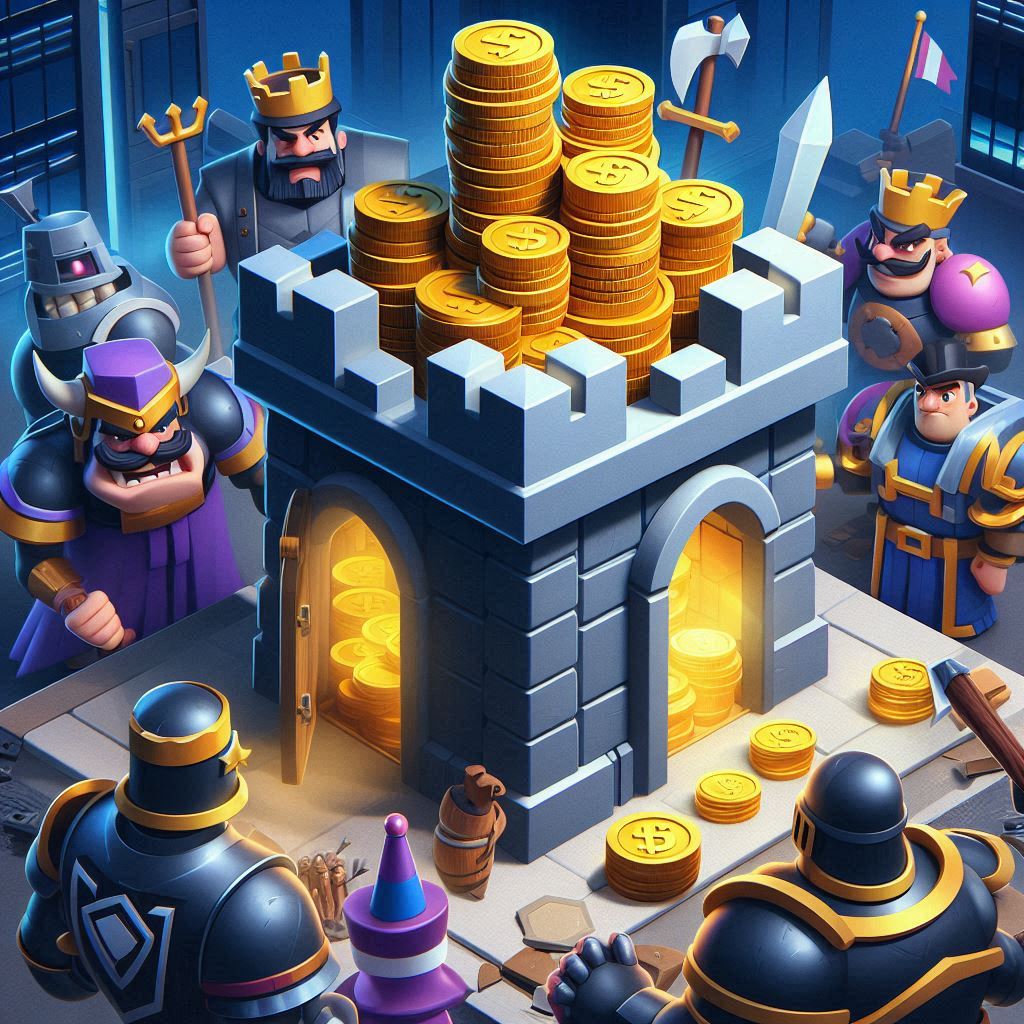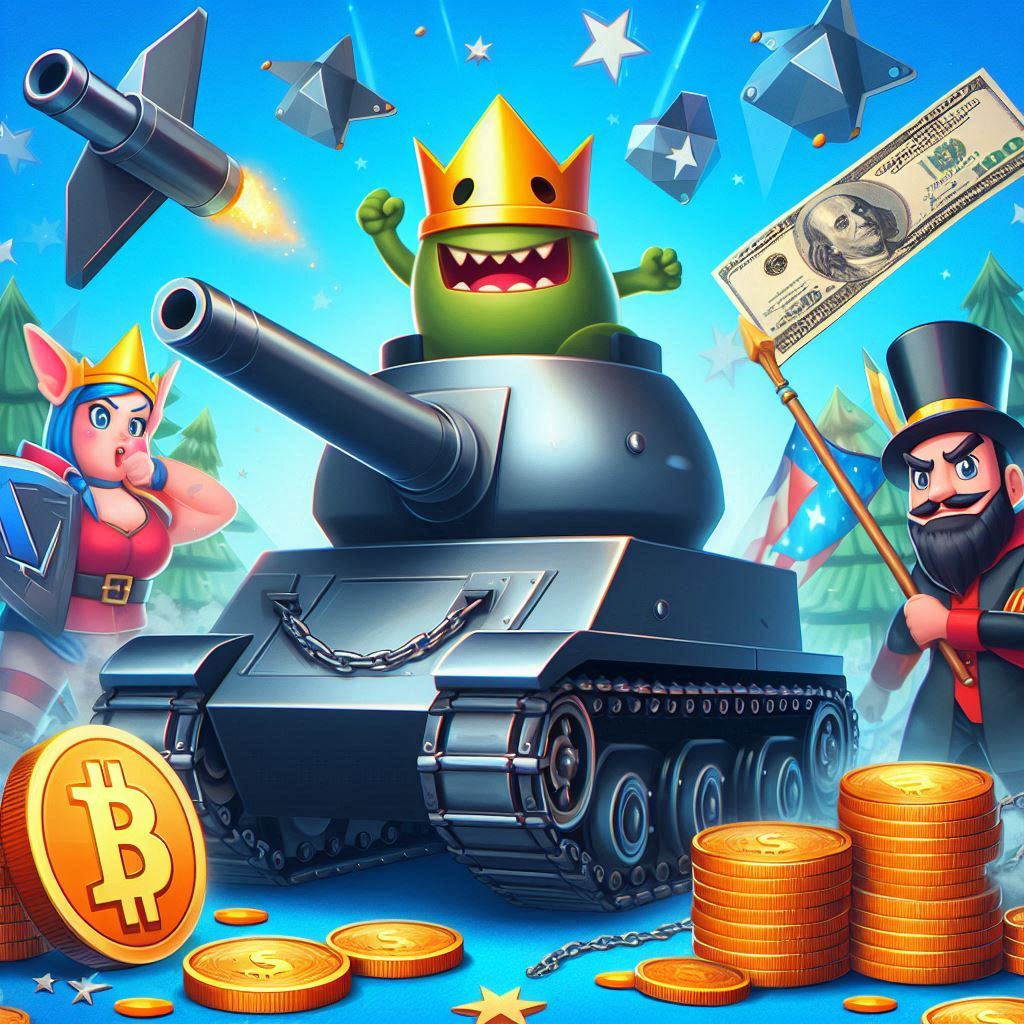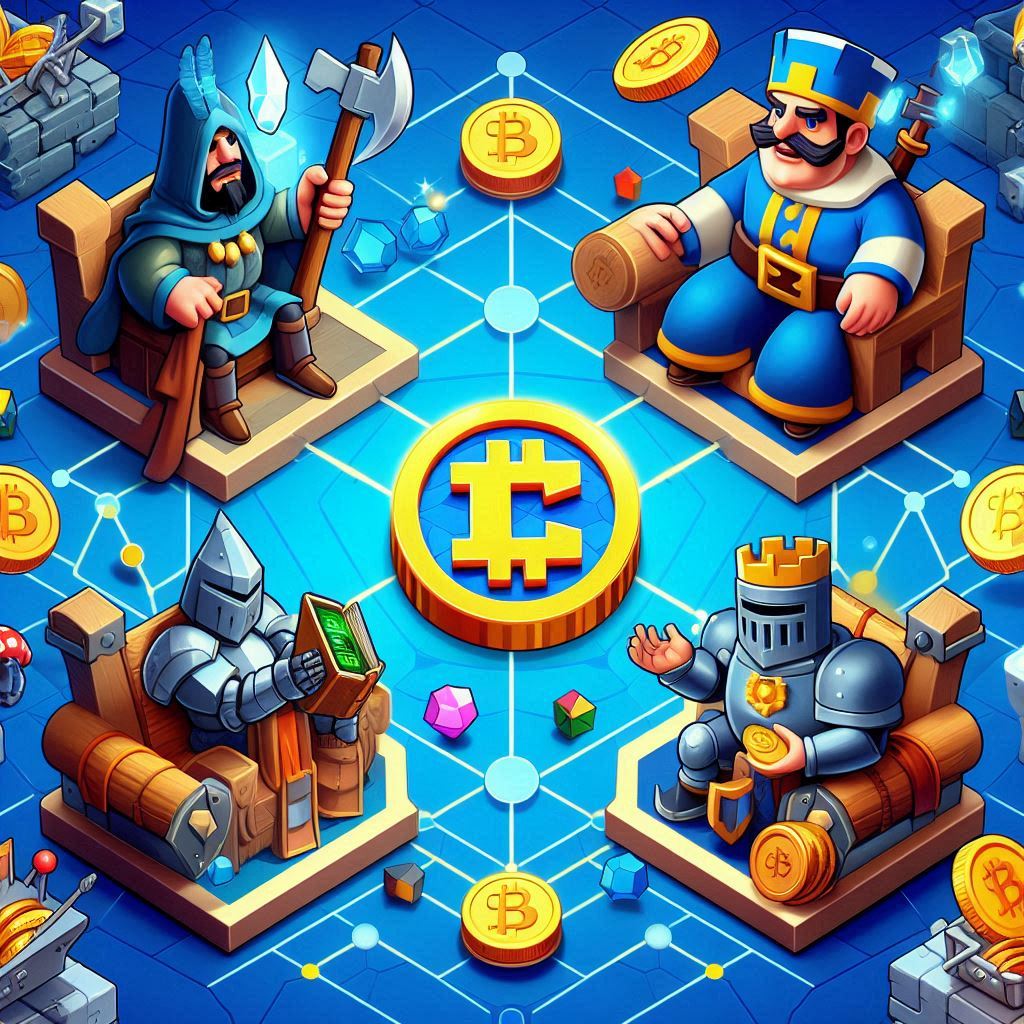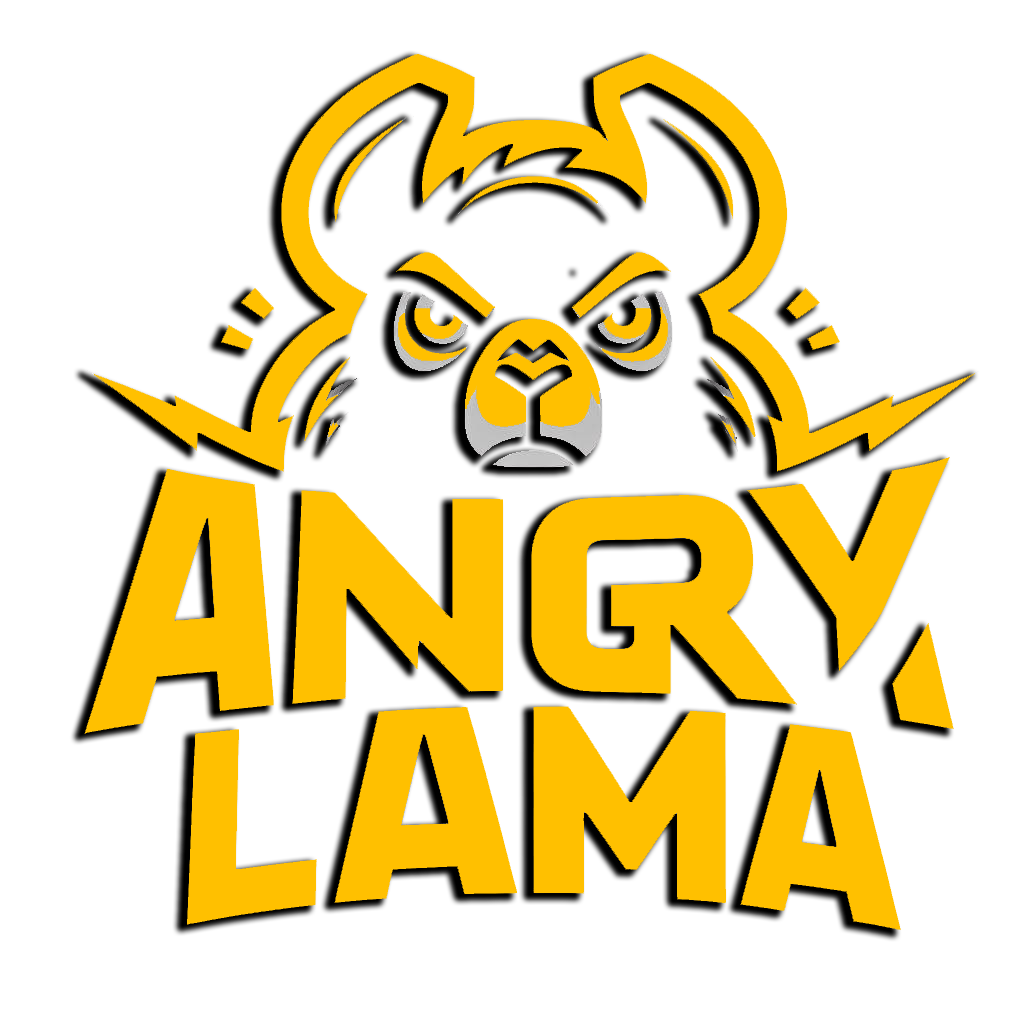Gas
Gas is a crucial concept in blockchain transactions, particularly in networks like Ethereum. It refers to the computational effort required to execute specific operations or smart contracts on the blockchain network. In simple terms, gas acts as a unit of measurement for the computational work performed by miners or validators in validating and executing transactions within the blockchain network.
Gas is used to allocate resources and determine the transaction fees required to execute operations on the blockchain. It ensures fairness and prevents abuse by assigning a cost to each computational step. Every operation or transaction on the blockchain consumes a certain amount of gas, depending on the complexity and computational requirements of the task. More complex operations require more gas to complete.
Gas fees are paid by users to compensate miners or validators for the computational work they perform. It acts as an incentive for miners to include transactions in the blockchain and maintain the network’s security. Gas fees are denominated in the native cryptocurrency of the blockchain network, such as Ether (ETH) in the case of Ethereum. Users need to pay these fees to have their transactions processed and added to the blockchain.

The Gas price is determined by the market forces of supply and demand. During periods of high network congestion, gas prices tend to increase as users compete to have their transactions processed quickly. To calculate the total cost of a transaction, you multiply the gas price by the gas limit. The gas limit represents the maximum amount of gas a user is willing to spend on a transaction.
If the Gas limit set for a transaction is too low, the transaction may run out of gas before completion, resulting in a failed transaction. It’s essential to set an appropriate gas limit to ensure successful execution. Gas fees can vary significantly depending on network conditions. Users have the option to adjust the gas price to prioritize transaction speed or cost-effectiveness based on their preferences and urgency.
Miners prioritize transactions with higher gas fees because they provide greater financial incentives. It’s common for users to increase the gas price during times of network congestion to have their transactions processed quickly. Gas fees play a critical role in maintaining the security and stability of the blockchain network. By having a cost associated with each operation, it helps prevent spamming, denial-of-service attacks, and other malicious activities.
Gas fees can influence the user experience and cost of utilizing decentralized applications (DApps) on the blockchain. Users may need to consider gas fees when interacting with smart contracts or performing complex operations. Gas optimization techniques, such as writing efficient smart contracts and minimizing unnecessary computations, can help reduce gas consumption and lower transaction costs for users. Gas fees are an important factor to consider when engaging in blockchain transactions. Users should evaluate the current gas price, network congestion, and their transaction’s urgency to determine an appropriate gas price and limit.
In summary, Gas is a measure of computational work in blockchain transactions. It determines the transaction fees users need to pay, incentivizes miners, and prevents abuse. Gas fees can vary based on network conditions, and users have the flexibility to adjust gas prices to balance transaction speed and cost. Understanding gas and its role in blockchain transactions is essential for navigating the decentralized ecosystem effectively.

Gaming Cryptocurrencies have emerged as an exciting and innovative trend within the gaming industry. These digital currencies, built on blockchain technology, offer unique opportunities for gamers, developers, and investors alike. By integrating cryptocurrencies into gaming ecosystems, players can enjoy enhanced gameplay experiences, while developers can introduce new revenue models and incentives. Gaming cryptocurrencies also provide a decentralized and secure environment for in-game transactions, ensuring transparency and preventing fraud. As the popularity of blockchain technology continues to grow, gaming cryptocurrencies are poised to revolutionize the gaming landscape, fostering a new era of digital ownership and economic empowerment.
One of the key advantages of gaming cryptocurrencies is their ability to enable true ownership of in-game assets. Unlike traditional games where assets are stored within centralized servers, gaming cryptocurrencies utilize blockchain to establish provable ownership and transferability of virtual items. This opens up exciting possibilities for players to buy, sell, and trade in-game assets with real-world value, creating vibrant virtual economies. Additionally, gaming cryptocurrencies often incorporate tokenized reward systems, allowing players to earn tokens by completing in-game achievements or participating in community events. These tokens can then be used to unlock exclusive content, purchase virtual goods, or even be exchanged for other cryptocurrencies or fiat currencies. With gaming cryptocurrencies, gamers can now monetize their skills and time spent in games, turning their passion into a potential income stream.
Our game development Team has created a game based on blockchain technology that can be earned through playing. This game is a turn-based 3D Android Game where players compete with each other and by defeating each other they can earn and have fun. Also, for more information, be sure to subscribe to our YouTube channel and download the TanKash game from here.



